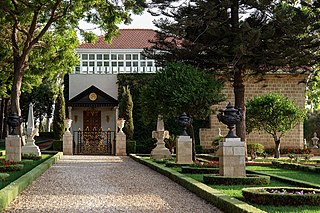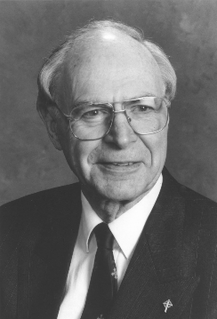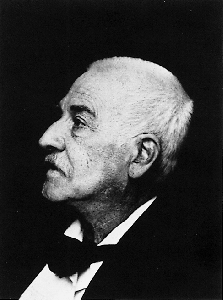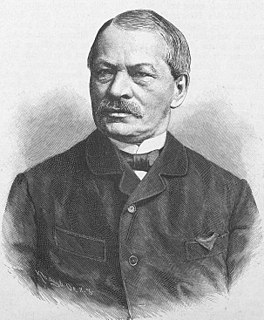A Quote by John Dryden
Arts and sciences in one and the same century have arrived at great perfection; and no wonder, since every age has a kind of universal genius, which inclines those that live in it to some particular studies; the work then, being pushed on by many hands, must go forward.
Related Quotes
This is my firm persuasion, that since the human soul exerts itself with so great activity, since it has such a remembrance of the best, such a concern for the future, since it is enriched with so many arts, sciences, and discoveries, it is impossible but the being which contains all these must be immortal.
Indeed, we need not look back half a century to times which many now living remember well, and see the wonderful advances in the sciences and arts which have been made within that period. Some of these have rendered the elements themselves subservient to the purposes of man, have harnessed them to the yoke of his labors and effected the great blessings of moderating his own, of accomplishing what was beyond his feeble force, and extending the comforts of life to a much enlarged circle, to those who had before known its necessaries only.
Every age hath its own problem, and every soul its particular aspiration. The remedy the world needeth in its present-day afflictions can never be the same as that which a subsequent age may require. Be anxiously concerned with the needs of the age ye live in, and centre your deliberations on its exigencies and requirements.
Somehow, some way, every person in the arts has to find an accommodation with disappointment and embarrassment. They are the pollen in the air we breathe. If you must go into the arts, go into them for yourself alone. On some basic level you must enjoy the act of doing it ... Otherwise, you are going to end up frustrated and unhappy. Recognition in the arts is luck and gravy.
Many will tell you with mockery and ridicule that the abolition of war can only be a dream . . . But we must go on or we will all go under. And the great criticism that can be made is that the world lacks a plan that will enable us to go on . . . We must have sufficient imagination and courage to translate the universal wish for peace - which is rapidly becoming a universal necessity - into actuality.
To each eye, perhaps, the outlines of a great civilization present a different picture. In the wide ocean upon which we venture, the possible ways and directions are many; and the same studies which have served for my work might easily, in other hands, not only receive a wholly different treatment and application, but lead to essentially different conclusions.
This great increase of the quantity of work which, in consequence of the division of labour, the same number of people are capable of performing, is owing to three different circumstances; first, to the increase of dexterity in every particular workman; secondly, to the saving of the time which is commonly lost in passing from one species of work to another; and lastly, to the invention of a great number of machines which facilitate and abridge labour, and enable one man to do the work of many.
Please remember one lesson of the 20th century. One cannot force happiness, impose happiness on nations by imposing any kind of utopia on others. The Communist model of society was a kind of imposed utopia for which the Russian people in particular paid a great price. Still, sometimes we see that attempts are being made to impose some other kind of model on the entire world - maybe a Westernized or Americanized model... This is not the way to go because this can only create conflict.






































